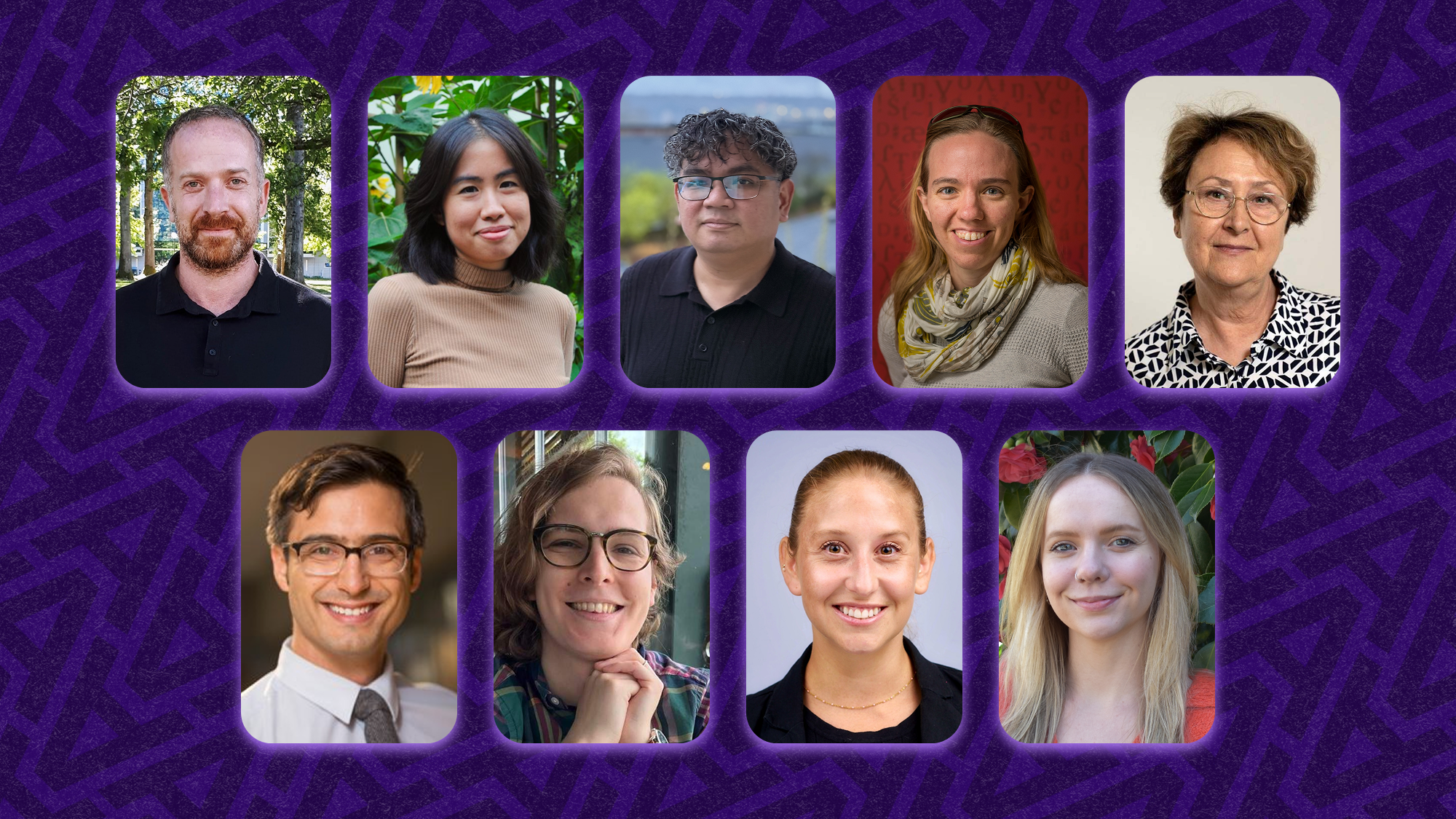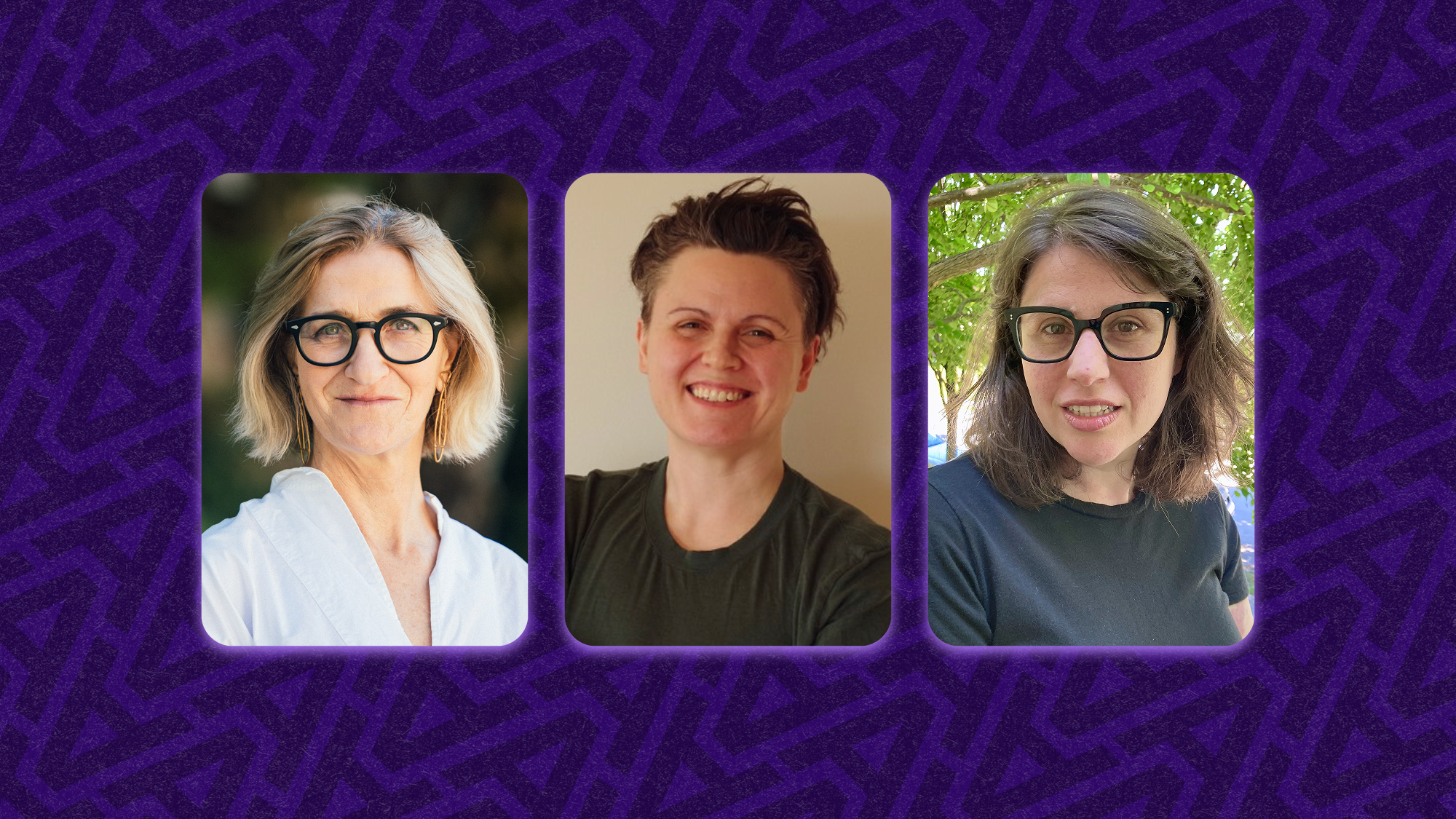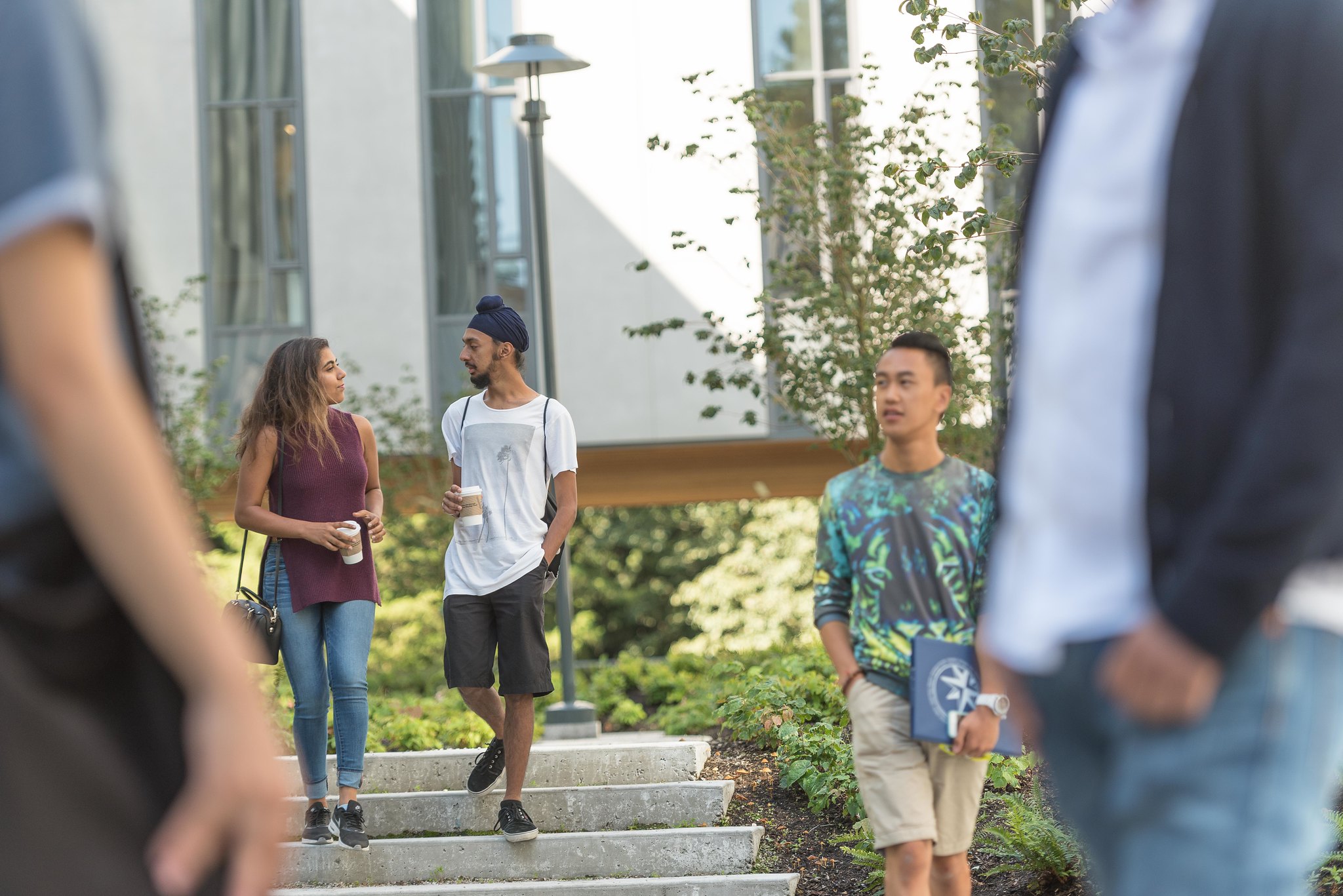From insights into global climate goals and nuclear energy, to partnered research on the salmon fishing history of the Tsleil-Waututh Nation, Arts faculty are sharing their expertise in the media this September. Check back in as we update this list throughout the month.
Department of Anthropology
New research affirms ancestral knowledge, dates Tsleil-Waututh fishery back to 850 BC | Research conducted by the Tsleil-Waututh Nation, the Department of Anthropology, and the Institute for the Oceans and Fisheries confirms the Tsleil-Waututh Nation sustainably fished for chum salmon for 1,200 years longer than previously thought. (IndigiNews)
Department of Art History, Visual Art & Theory
The artistry of her baskets is complex. So is the story around them. | Professor Emeritus Dr Marvin S. Cohodas commented on the production of Native American baskets in the 1900s. (New York Times)
Department of Asian Studies
Hong Kong migrants revel in Cantopop concerts, films from home as tears flow, emotions high in ‘collective healing’ at venues in Canada, UK | Dr. Helena Wu said there is an overseas audience with growing demand for cultural experiences connected to Hong Kong. (South China Morning Post; subscription required)
Department of Central, Eastern, and Northern European Studies
The enduring appeal of a century-old German film about queer love | Dr. Ervin Malakaj wrote about the impact of the silent German movie Anders als die Andern (Different from the Others). (The Conversation)
Department of Geography
Brand and Tate push conspiracies to detract from allegations against them | Dr. Naomi Klein said people push conspiracy theories to dodge accountability and detract from allegations launched against them. (The Independent)
Can AI help us speak to animals? | Dr. Karen Bakker discussed using AI to communicate with animals. (Financial Times)
Naomi Klein: Only a robust, organized left can defeat conspiracy culture | Dr. Naomi Klein argued that a lack of understanding about how capitalism works will leave people vulnerable to conspiracy theories. (Truthout)
Opinion: To know yourself, consider your doppelgänger | Dr. Naomi Klein wrote about political doppelgängers, those who appropriate, mimic or co-opt political ideologies as their own. (New York Times)
Window to meet global climate goals ‘rapidly closing,’ UN report warns | Dr. Simon Donner (along with Dr. Kathryn Harrison from the Department of Political Science) commented on a UN report that claimed efforts to curb global warning are far off track. (Global News)
Department of History
When two opposing B.C. MLAs were targeted with death threats, they worked together to stop it | Dr. Heidi Tworek, director of the Centre for the Study of Democratic Institutions, commented on online abuse targeted at politicians. (Vancouver Sun)
Department of Linguistics
Did pirates really talk like that? Arrrguably, no. | Dr. Molly Babel was quoted in an opinion piece about the modern rendition of how the original pirates spoke. (NPR)
Department of Political Science
Opinion: We need to strengthen democracy across all levels of government | Dr. Max Cameron co-wrote about the need to need to strengthen Canada’s democratic institutions. (Glacier Media via Vancouver is Awesome)
Dissident’s death drags Narendra Modi into global row | Dr. Richard Johnston commented on Trudeau’s decision to publicly outline allegations against India. (The Telegraph)
Researchers have created a camera system to track the ever-increasing satellites lighting up our night skies | Dr. Michael Byers said the sheer number of satellites that may be deployed over the next decades will have consequences that are difficult to fully assess. (The Globe and Mail; subscription required)
Why the rise of the B.C. Conservative Party could change the province’s political dynamic | Dr. Stewart Prest commented on B.C.’s partisan politics. (CBC News)
B.C. premier doubles down on interest rate halt, expresses ‘relief’ | Dr. Stewart Prest said the Bank of Canada needs to remain independent of partisan politics. (Glacier Media via Vancouver is Awesome)
Opinion: Elon Musk’s moves in Ukraine show he’s no master of geopolitics | Dr. Michael Byers wrote about SpaceX’s involvement in the Ukraine-Russia war. (The Globe and Mail; subscription required)
Former top banker says premiers are ‘grandstanding’ on interest rate hikes | Dr. Gerald Baier commented on politicians lobbying the Bank of Canada. (CBC News)
As older U.S. politicians face health concerns, should there be an age limit? | Dr. Gerald Baier said an incumbent politician with a proven track record of winning and fundraising is less likely to be challenged for their seat. (Global News)
Falling ‘dominoes’: Nanaimo latest B.C. municipality to ban natural gas heating in new homes | Dr. Kathryn Harrison said she’s happy to see the “dominoes fall,” as local governments lead the move away from fossil fuels. (Vancouver Sun)
Department of Psychology
Climate news is often depressing. But as a behavioural scientist, I know I can’t wallow | Dr. Jiaying Zhao wrote about how to feel hopeful and empowered to do something about climate change. (CBC Radio)
Why we think working hard makes you a good person | Dr. Azim Shariff discussed the morality of work. (NPR)
These adorable jellyfish show learning doesn’t even require a brain | Dr. Catharine Rankin commented on a study which claimed that brainless jellyfish can learn from experience. (Scientific American)
The rise of pet-inclusive workplaces: Implications for leaders | Media mentioned a study by UBC psychology researchers which found that therapy dog sessions could drastically improve distressed students’ mental health and wellbeing. (Forbes)
Giving unhoused people money is good, actually | Dr. Jiaying Zhao co-wrote an op-ed which argued against the stereotype that people living in homelessness will squander monetary gifts on drugs and alcohol. (The Georgia Straight)
One secret to happy aging? Learn to stop fearing it | A study by Dr. Eric Kim was mentioned which showed that a positive attitude toward one’s own aging is associated with better physical health and well-being. (The Globe and Mail; subscription required)
Department of Sociology
Don’t let love take over your life | Dr. Sean Lauer commented on marriage in the 21st century. (The Atlantic; subscription required)
BC United vows to end drug decriminalization if elected | Dr. Lindsey Richardson said drug criminalization has significant negative impacts on drug users. (City News)
Department of Theatre & Film
The ‘perfect’ teaching assistant? Universities find new uses for AI | Dr. Patrick Parra Pennefather discussed how to use AI in the university classroom. (CBC News)
School of Public Policy & Global Affairs
Joint action urged to protect fishing areas | Dr. Rashid Sumaila commented on the need for sustainable fishery. (China Daily)
How India murder allegation feud affects Canada’s economy, foreign affairs | Vina Nadjibulla commented on Trudeau’s decision to publicly outline allegations against India. (Global News)
The Fukushima N-wastewater controversy | Dr. M.V. Ramana commented on Japan’s plan to release radioactive water into the Pacific Ocean. (The Hindu)
Opinion: We must raise the cost of taking Americans hostage | Vina Nadjibulla co-wrote about foreign countries taking American citizens hostage. (Newsweek)
Feds just putting on a ‘show’ in calling out grocers, says economist | Dr. Matias Margulis discussed the complex factors behind food pricing. (The Epoch Times)
India suspends visas for Canadians as rift over extrajudicial killing deepens | Vina Nadjibulla commented on Trudeau’s decision to publicly outline allegations against India. (Wall Street Journal; subscription required)
Melting down the Coalition’s clean, green nuclear spin | Dr. Allison MacFarlane co-authored a study whicVina Nadjibulla h found that small modular reactors will generate more radioactive waste than conventional nuclear power plants. (Independent Australia)
Greenpeace opposes nuclear energy. Young climate activists say that’s ‘old-fashioned’ | Dr. M. V. Ramana said nuclear energy is neither a desirable nor a viable solution to climate change. (CBC News)
Vancouver School of Economics
The RESP is the best way to save for schooling, but does it unfairly benefit the rich? | Dr. Kevin Milligan commented of the effectiveness of Canada’s registered education savings plan. (Globe and Mail)
Industrial policy, the debate! | Dr. Réka Juhász participated in a debate about the U.S. government’s investment in the industrial sector. (NPR)
Why the Bank of Canada is facing intense scrutiny | Dr. Henry Siu commented on the Bank of Canada’s inflation policy. (The Walrus)


